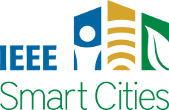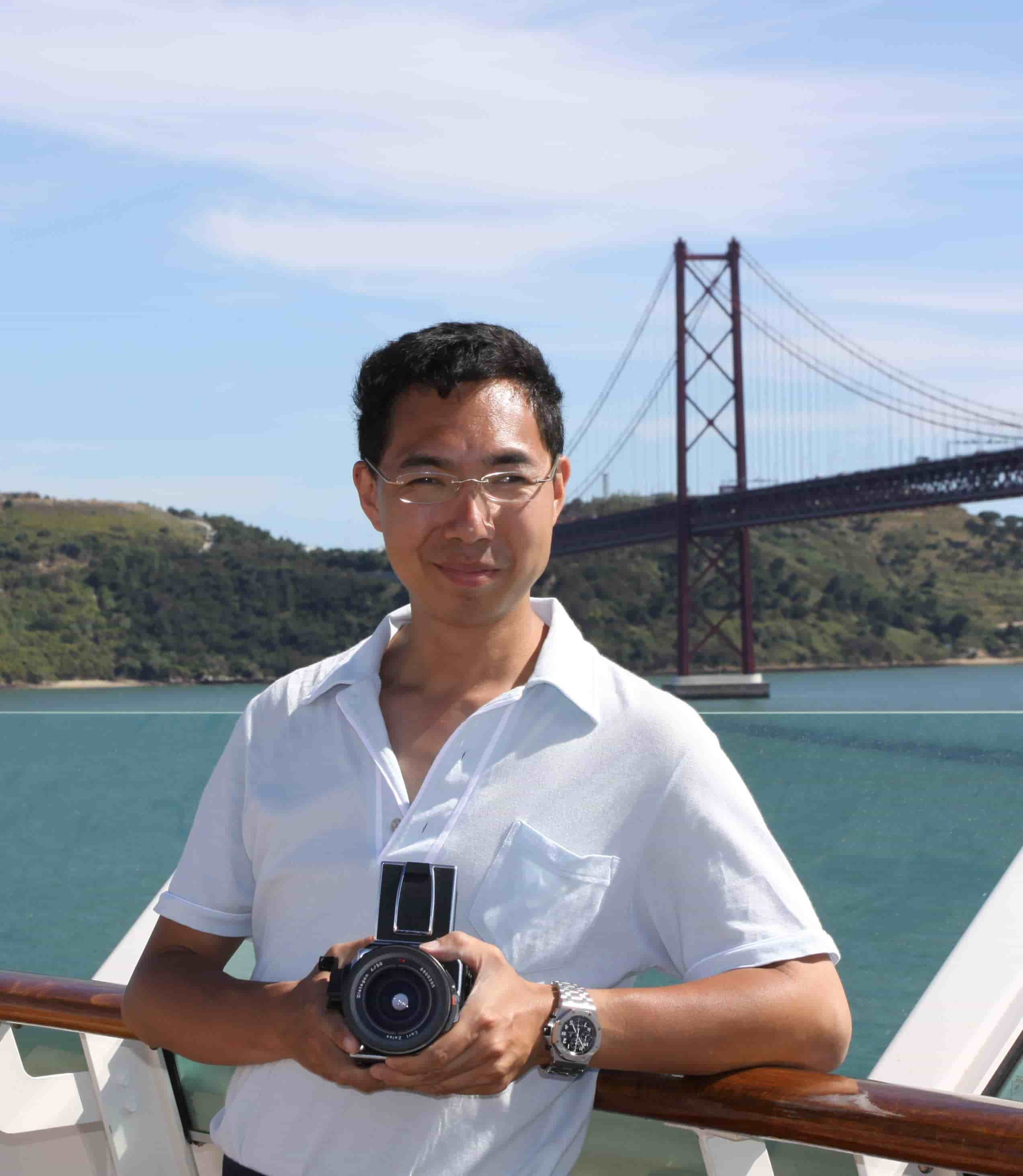January 2024
Smart Cities January eNewsletter - 2023: A Year In Review
For a downloadable copy of this eNewsletter, please visit the IEEE Smart Cities Resource Center.
Resource Center Update: Improved user experience for IEEE members! Access/Download free products without a checkout process.
Written by Christoph Cammin and Alice Kirchheim
In the last decades, road traffic significantly increased in many regions. As part of sustainable urban areas, the improvement of safety as well as the optimization of traffic flow are important challenges for road mobility. The new mobile communications standard 5G, which is currently being rolled out, is being promoted with a variety of improvements that also address the transport sector. As one component of a smart city approach, a proposed solution to increase road traffic safety and to optimize the traffic flow by means of using 5G is currently being developed and deployed in the city of Aalen, Germany, as part of the "5G-trAAffic" project.
Written by Jien Ming Wang, Steven Chao, Ken Chen
The vast amount of marine debris across fishing villages possess substantial threats to navigational safety of sea vessels, 90% of which are abandoned fishing nets. Abandoned fishing nets are discarded because they can no longer be used. Whether they sink to the bottom of the sea, entangle marine life, cover coral reefs, and cause ecological catastrophe [1]. Whether it is discarded as garbage, green recycling and proper recycling cannot be achieved. Modern fishing nets are mostly made of durable synthetic materials such as nylon and plastic, which are difficult to decompose in the natural environment [2]. Fishing nets drifting in the sea may entangle passing creatures; covering coral reefs will cause coral bleaching; they are also a threat to navigation because fishing nets may entangle the propulsion system of ships.
Written by Bernard Fong
2023 is ended as an exciting year when everything is virtually back to the pre-pandemic norm. Echoing the Chair of the IEEE Smart Cities on moving into TC 2.0, there are challenges for us to keep up with the quality of articles that are featured in the Newsletter, as well as opportunities to further promote technology advances in all aspects of smart cities.
Written by Georges Zissis
On January 1, 2023, IEEE Smart Cities became the very first pilot of the "2nd Generation Technical Community" (TC2.0) process, invented and refined two years earlier.by the TC2.0 ah-hoc reporting to the IEEE TAB management committee. This date can be seen as a new starting point for the emancipated IEEE Smart Cities technical community, which can now develop its ambitions thanks to TC2.0 attributes designed to stimulate its growth.
To have the eNewsletter delivered monthly to your inbox, join the IEEE Smart Cities Community.
Past Issues
To view archived articles, and issues, which deliver rich insight into the forces shaping the future of the smart cities. Older eNewsletter can be found here. To download full issues, visit the publications section of the IEEE Smart Cities Resource Center.



